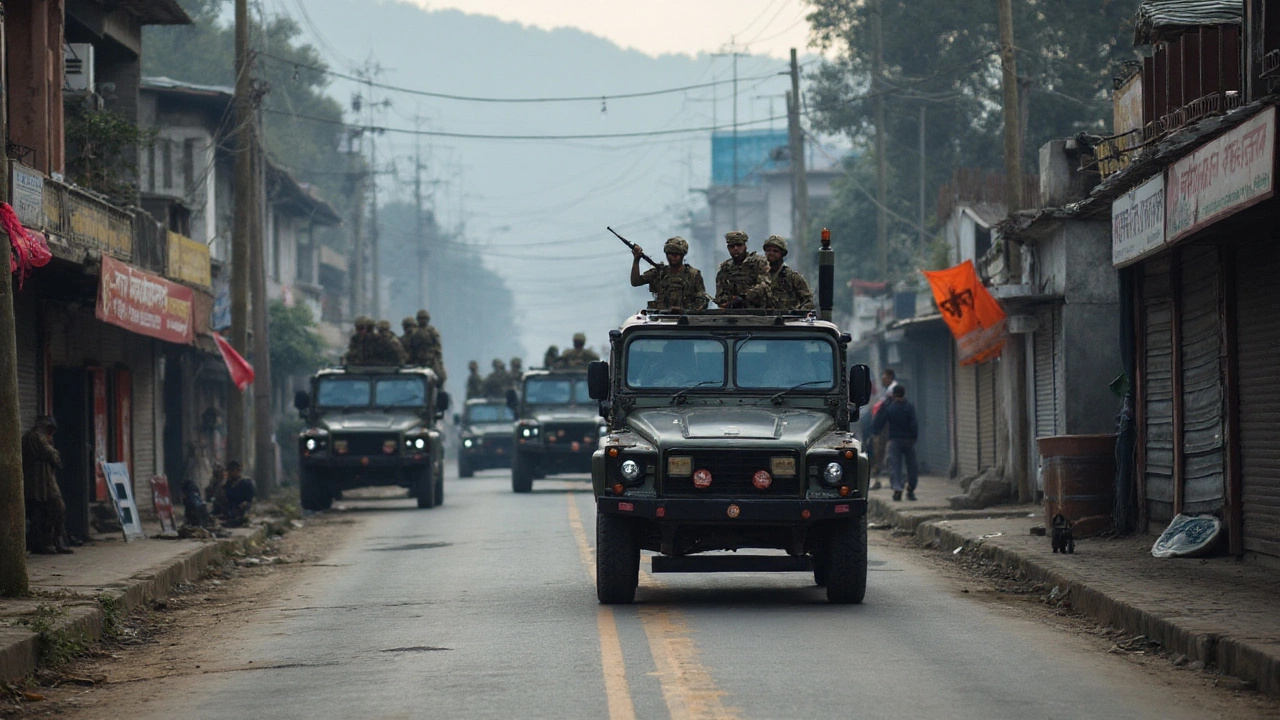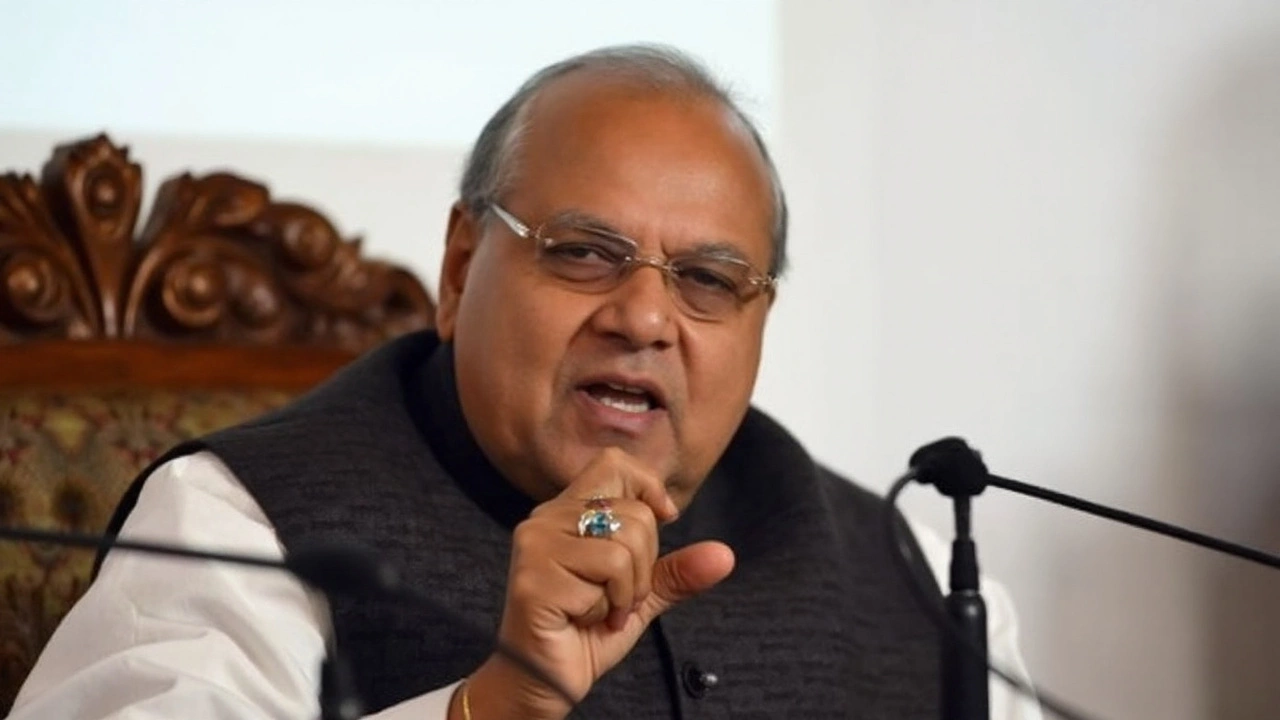Statehood Push Gains Ground in Jammu-Kashmir
Jammu-Kashmir is back in the headlines, with calls for restoring its statehood growing louder ahead of a major Supreme Court hearing set for August 8, 2025. The region, carved into Union Territories after the scrapping of Article 370 in 2019, stands at a political crossroads. The upcoming court date has political leaders, activists, and ordinary people speculating about what comes next—and whether the region will finally regain more control over its own affairs.
Let's rewind to 2019. That year, Jammu-Kashmir's long-held special status vanished almost overnight when the Modi government abrogated Article 370. To make things even more dramatic, the state was split into two Union Territories: Jammu-Kashmir and Ladakh. Since then, decisions about laws and budgets have come straight from Delhi, sidelining local politicians and sparking frustration from every corner.
The summer months, especially early August, always bring tension and reminders of those sweeping changes. August 5 rings out as a date etched in local memory—it's when everything shifted. No wonder all eyes are now trained on what the Supreme Court might say, especially since it earlier signaled that a real solution lies in politics, not just legal paperwork.

What’s at Stake: Control, Autonomy, and Identity
Here's what makes the issue complicated. Proponents of full statehood—pretty much every regional party and a hefty chunk of civil society—argue that the current system just doesn't work. Under Union Territory rules, New Delhi calls the shots on everything from police powers to finances. Locals feel their voice has shrunk in their own backyard. Supporters want to bring back an elected assembly with clear power, local lawmaking, and the kind of financial control that a state normally enjoys.
The central government, so far, is playing its cards close to the chest. While rumors keep swirling about possible policy tweaks or big announcements, nothing official has come out. Behind the scenes, there's a lot of political maneuvering—both in Delhi’s corridors and in Srinagar’s alleys. Analysts are quick to point out that another move on August 5 would have major symbolic weight, given the history attached to that date.
- The ongoing debate isn’t only about administrative power—it's also tied up in questions of identity, regional pride, and trust in the political process.
- Opponents of reverting to full statehood worry that it could open old wounds or shift the security balance. Supporters argue those fears are overblown and manageable.
- The Supreme Court's judgment, whenever it comes, will shape how the Constitution applies to Jammu-Kashmir and may set new precedents for the rest of India.
The stakes don’t stop at legal charts or public protests. For many, it's about finally getting back a measure of dignity and the right to shape everyday life—a right that's felt out of reach ever since August 2019. As the court date ticks closer and political buzz grows louder, Jammu-Kashmir sits on the edge of a possibility that could finally change its political story, for better or worse.
